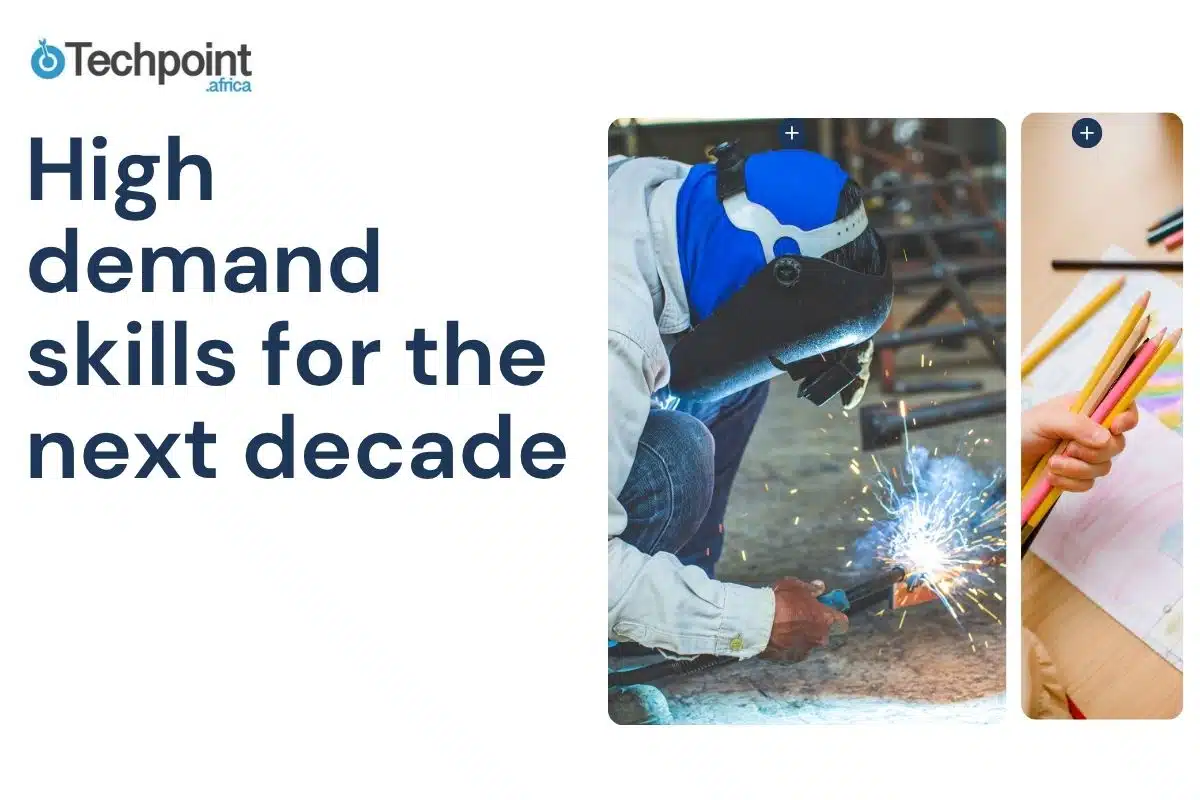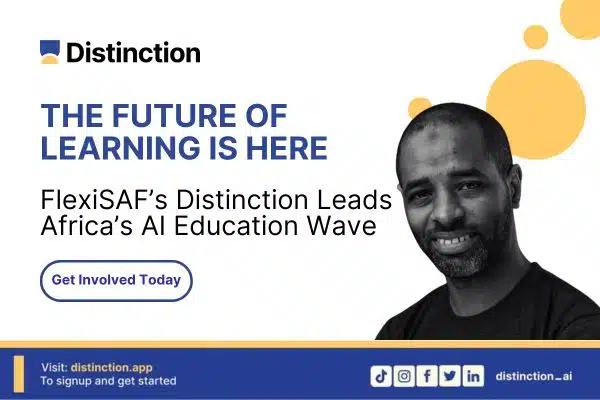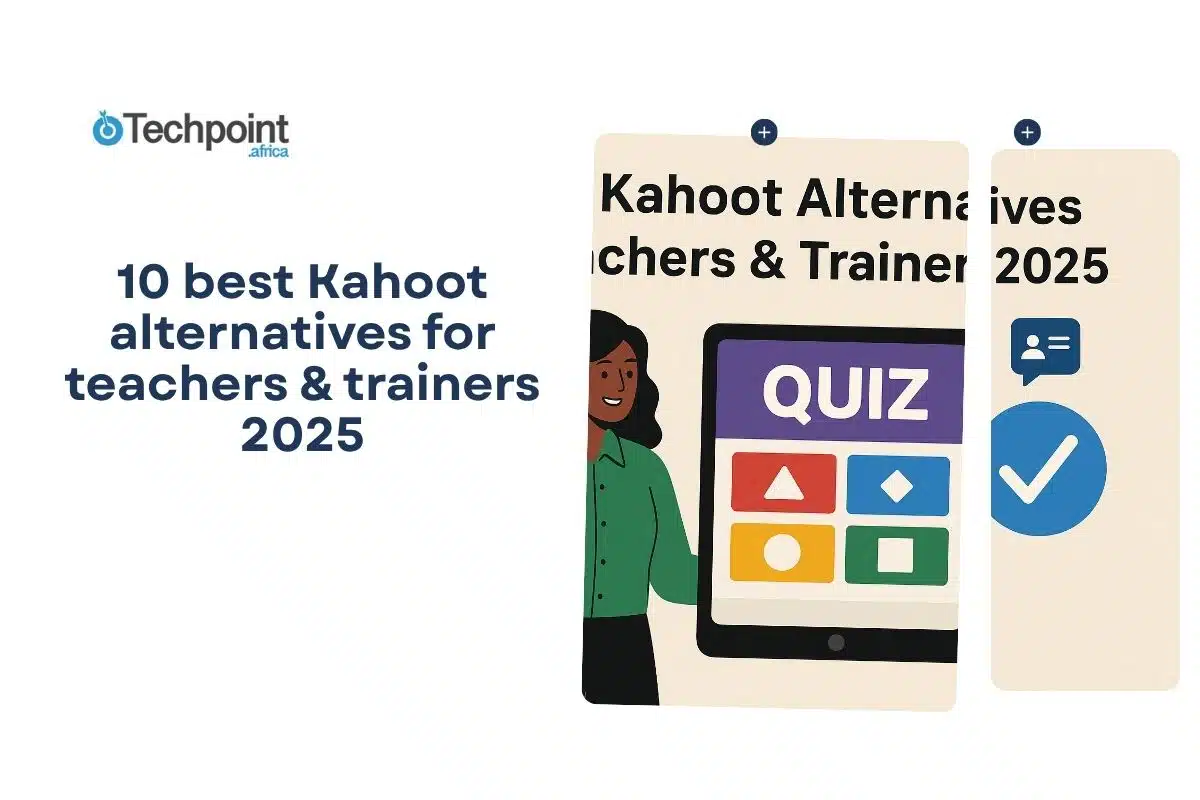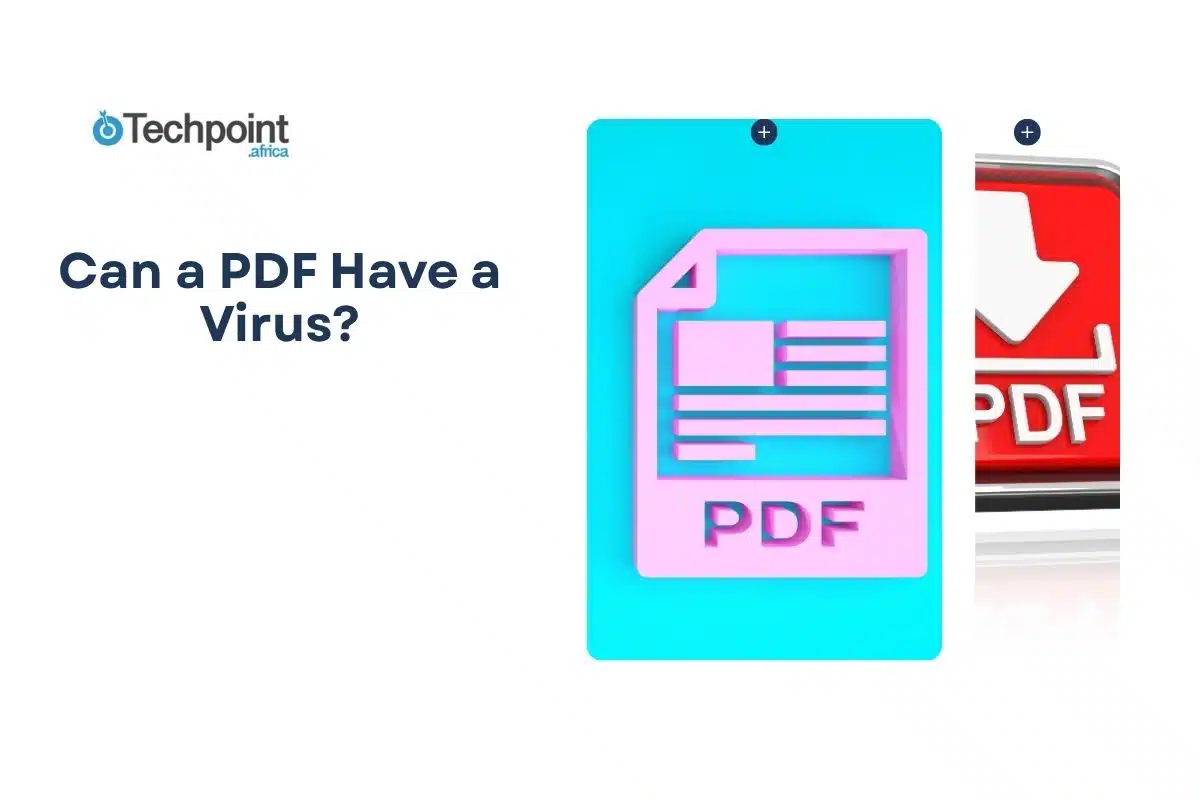Like financial security, work security is paramount, but things don’t always stay the same. Some skill’s level of demand reduces and eventually goes into extinction as the years run by, but others stand the test of time, delivering high value in the job market.
With uncertainty like this, in the minds of every employee lie these probing questions: “Will I still have my job in the next 5-10 years?” “Will my job still be as important to recruiters?” And in the face of increased artificial intelligence prowess, “Will AI take my job?”
This expository article will highlight and discuss high-demand technical and human-centered skills that will shape the job market through 2025-2035. Stay to the very end to stand a better chance of future-proofing your career.
Let’s begin!
Key takeaways
- The most valuable skills for the next decade range from Artificial Intelligence and machine learning, data science and analysis, cybersecurity, to advanced communication, creativity, and innovation.
- Success in career skills from 2025 to 2035 will depend on combining technical expertise (e.g., cybersecurity, emerging technologies) with human-centered skills, such as emotional intelligence and problem-solving.
- Learning agility, managing personal knowledge, career flexibility, and adapting to evolving job requirements are key to future-proofing, remaining competitive, and navigating the future job market.
- The channels available for acquiring these skills include classroom and online learning alternatives, self-directed learning strategies, and corporate training.
Technological Skill Category
- Artificial Intelligence & Machine Learning
Today, Artificial intelligence (AI) and machine learning (ML) are transforming industries by automating processes, analyzing massive amounts of data, solving complex problems, and creating trends. The recent one is a photo animation called the Ghibli-style images which has taken the digital streets since March 2025. If it can do that much now, imagine what AI and ML would be able to do in a decade.
To get into the folds and excel in AI and ML, you’ll need to learn skills like algorithm development, deep learning, natural language processing (NLP), and ethical AI practices. Ethical AI is especially important as society grapples with questions about fairness and bias in automated systems.
How can you learn AI?
You can start by exploring online courses on platforms like Altschool Africa, Coursera, or edX. Certifications such as TensorFlow Developer or Microsoft AI Engineer can give you a competitive edge. If you’re new to coding, don’t worry—there are beginner-friendly resources to help you get started.
Right now, AI/ML skills are in demand across society’s crucial and indispensable industries, such as healthcare (predictive diagnostics), finance (fraud detection), manufacturing (process automation), and entertainment (personalized recommendations), among others. This means there will always be stability in embarking on it.
- Data Science & Analytics
You and I are data. So are every human race and phenomenon out there, and as long as these exist, data science and analytics will stand the test of time. If you enjoy problem-solving and working with numbers, this field could be perfect for you.
Data science and analytics have evolved beyond their status quo and are no longer just for tech companies. Retailers now use them to understand shopping habits, healthcare providers use them to improve patient outcomes, and educators use them to enhance learning experiences.
To succeed in data science and analytics, focus on skills like Python programming, statistical analysis, predictive modeling, and machine learning. Begin with free tutorials on Python or R programming, as well as Excel or Google Sheets, for data manipulation.
Then, move on to more specialized software like Power BI, Tableau, and Google Data Studio for data visualization. Platforms like DataCamp, Coursera, edX, and Google Data Analytics offer interactive lessons tailored for beginners, with a wide range of certifications available upon completion.
- Cybersecurity
The downside of advanced technology, as we have it now and will have it in a decade, is primarily hinged on digital or cyber threats. With all the sensitive cloud information peculiar to one industry from another, a cybersecurity analyst must guard the vault and prevent attack-initiated entry.
With more businesses moving online than 20 years ago, cybersecurity has become essential across various industries, including finance, healthcare, education, startups, and government. The need will reach a high roof level in 10 years.
Begin your cybersecurity career by exploring free resources like Cybrary, or try beginner-friendly certifications, such as Altschool Africa’s Data Analytics course or CompTIA Security+. Also, several universities, such as Stanford University in the USA, the University of Sydney in Australia, and the University of Cambridge in the UK, have begun offering specialized degrees in cybersecurity. So, look into one of your choices if the traditional way of learning works better for you.
To thrive in cybersecurity, focus on ethical hacking, risk assessment, network security, and understanding regulatory frameworks like GDPR or ISO 27001. These skills will help you stay ahead of evolving threats.
Emerging Technological Skills
Emerging technologies, such as quantum computing and augmented reality (AR), are opening up new possibilities. Have you ever wondered what it’s like to work on cutting-edge innovations? Here’s how:
- For quantum computing, learn quantum algorithms and tools like Qiskit.
- For AR/VR development, focus on Unity programming and 3D modeling.
Where will these skills take you?
These technologies are shaping industries like logistics (quantum optimization), healthcare (AR-assisted surgeries), and gaming (immersive VR experiences), but the possibilities will be limitless in the future.
You can prepare yourself by looking for specialized courses on platforms like edX or Udemy. Many universities are also starting to offer programs focused on emerging technologies, so that’s another option to consider.
1. Biotechnology Interface
Biotech is intersecting with computing to deliver innovations like:
- Wearable health devices
- AI-powered genomics
- Bioinformatics platforms
Understanding the convergence of biology and these technologies will open new interdisciplinary roles for you in the troubled future.
Human-centered skills
- Advanced Communication
In a globalized workplace where remote teams are common, strong communication skills are more critical than ever and will likely remain so as long as the arrangement persists. So, to be an advanced communicator, what should you focus on?
Work on cross-cultural competence — understanding different perspectives—and digital communication mastery using tools like Asana, Zoom, or Slack. Storytelling with data is another valuable skill that combines analytical thinking with creativity.
How can you improve your communication skills?
Practice active listening during conversations and seek feedback on your communication style. Online public speaking or business writing courses can also help you refine your abilities.
- Complex Problem Solving
Do you enjoy tackling challenging problems? If so, complex problem-solving might be your strong suit. Every industry faces challenges that require innovative solutions that don’t imply bias or surface-ness.
To do this for these industries, you need to learn systems thinking — understanding how different parts of an organization interact.
You also need to develop ethical decision-making skills for navigating moral dilemmas in business or technology, as well as crisis management for resilience and adaptation during disruptions and uncertainty, especially during decision-making hours.
- Creativity & Innovation
Creativity and innovation have long been overlooked in the visual arts but have become a vital skill for solving problems across industries.
Have you ever considered how design thinking could help you approach creativity differently? It occurs in 5 stages: empathize, define, ideate, prototype, and test.
In the coming years, creativity and innovation will be applied to a wide range of fields, including product development, service design, social innovation, and education.
- Emotional & Social Intelligence
Emotional intelligence is about understanding your emotions and those of others—a skill that’s becoming increasingly valuable as workplaces prioritize collaboration over competition.
What skills should you develop to be good at this?
Focus on empathy—connecting with others—and leadership skills for managing remote teams. Collaboration across generational and cultural differences is another key area to master.
Why would emotional and social intelligence matter in an automated world?
As automation takes over repetitive tasks, human connection will become a key factor in determining success. Your ability to build relationships will set you apart from machines.
Industry-Specific High-Demand Skills
- Healthcare Transformation
With the increasing population and tech integration in the healthcare sector, demand is expected to spike in tech medic expertise, Health informatics, and AI-assisted diagnostics.
- Green Economy Skills
As climate policies reshape industries, demand will increase for sustainability analysts, clean energy engineers, urban planners, and specialists in the circular economy.
- Digital skills
As online interaction evolves, UX/UI design and digital marketing skills will drive the next generation of commerce platforms.
Ways to master skill adaptability for the next decade
- Learn agility
One key to learning agility is being receptive to new skills and emergencies rather than being skeptical. This attitude fosters the ability to quickly acquire new knowledge, which will keep your career resilient in an unpredictable future job market.
- Manage your personal knowledge.
Open a personal knowledge database. Think of it as a Google Excel sheet that contains all the skills you know, ranked from expert to intermediate to beginner. This will help you document, evaluate, and update these skills periodically.
- Career flexibility
Career flexibility in this aspect doesn’t mean changing jobs every 3-6 months but diversifying along the chains of your field. For example, the trajectory of a digital specialist could be from content writer to SEO writer to email marketer to content creator to content marketer, ultimately becoming a digital specialist.
Also, exploring different work models — onsite, hybrid, and remote — is still part of career flexibility.
What are the available channels to acquire these skills in the future?
- Online and virtual learning alternatives
Recruiters are beginning to prioritize skills over degrees, and the ways you can show you have over is by learning through:
- Microcredentials (edX, LinkedIn Learning)
- Bootcamps (Datacamp etc)
- Online certifications (Google Career Certificates)
- Self-directed learning strategies
This is also highly effective for future-proofing your career. You can go about it by:
- Goal-setting and planning (e.g., SMART goals)
- Habit stacking for daily learning
- Peer accountability via study groups or social media
- Corporate training evolution
Companies are not left out as they invest in upskilling employees for the future job market’s responsibilities by investing in:
- Internal learning platforms (Degreed, Udemy Business)
- Skills audits
- Peer-to-peer coaching
Now,
Take a moment to reflect on this: “Are your current capabilities aligned with the high-demand skills for the next 10 years?”
To thrive in the next decade, it’s not enough to specialize, but you must synthesize. The most future-proof professionals will blend in-demand technical skills with human-centered abilities that AI cannot replicate. They’ll invest in learning agility, build cross-functional fluency, and continuously recalibrate their career compass.
Start by identifying one skill that excites and challenges you. Whether AI/ML, Cybersecurity, Data Analysis, or advanced communication, create a personal learning roadmap and commit to consistent progress.
The future of the world’s workforce isn’t waiting; it’s already here and evolving. Your move? Move with it!
But before you go, do you have a question or experience from your skill acquisition process to share? Please share in the comments and subscribe for more career development articles.











